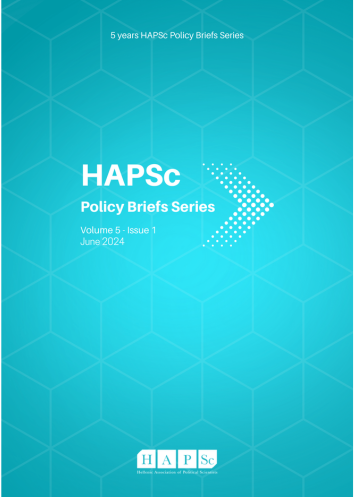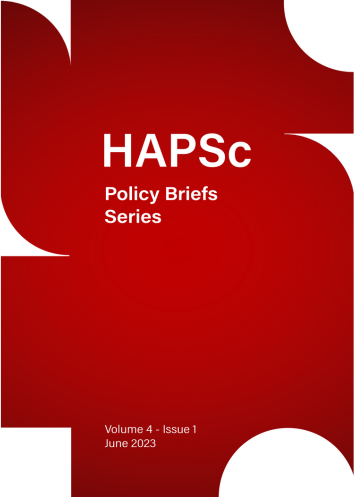Recognition and Non-Recognition of a State Resulting from Secession: Case Studies of Annulled Status of the Turkish Cypriot Entity after its Declaration as "Turkish Republic of Northern Cyprus" and Kosovo

Abstract
This paper approaches the situation of a state’s recognition or non-recognition, in cases arising from secession. In particular, the international law will be presented, regarding the recognition of states that come from secession and have been created, either on the occasion of prohibited violence use, or for the sake of rehabilitation due to human rights violations. After that, the cases of the Turkish Cypriot annulled status entity after its declaration as the “Turkish Republic of Northern Cyprus” and Kosovo will be examined. The overview and legal evaluation of these two cases, can provide useful conclusions regarding the legalization of a state recognition that has resulted from secession.
Article Details
- How to Cite
-
Kanellopoulos, A. N. (2022). Recognition and Non-Recognition of a State Resulting from Secession: Case Studies of Annulled Status of the Turkish Cypriot Entity after its Declaration as "Turkish Republic of Northern Cyprus" and Kosovo. HAPSc Policy Briefs Series, 3(2), 94–102. https://doi.org/10.12681/hapscpbs.33788
- Section
- Articles

This work is licensed under a Creative Commons Attribution 4.0 International License.
Authors retain copyright and grant the journal right of first publication with the work simultaneously licensed under a Creative Commons Attribution License that allows others to share the work with an acknowledgement of the work's authorship and initial publication in this journal.





